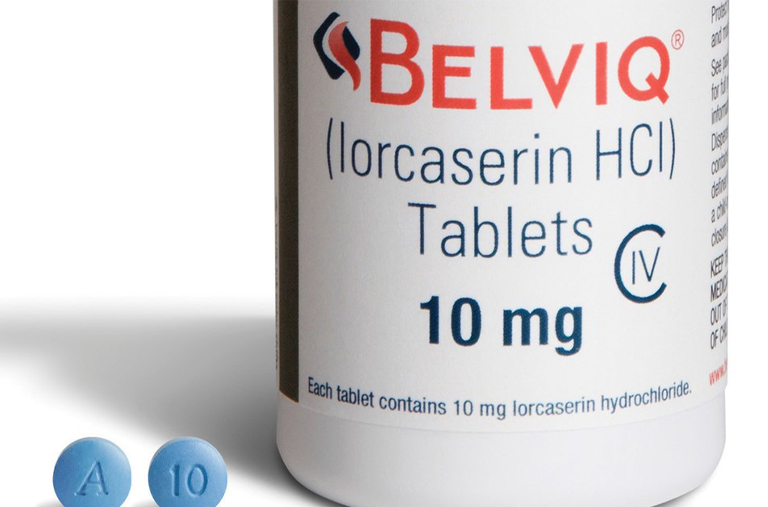Belviq Lawsuit
Weight loss medication Belviq has been pulled from the market due to its increase in the risk of cancer.
Contact our Mass Tort and Class Action attorneys today.

Contact our Mass Tort and Class Action attorneys today.

Belviq is a weight-loss drug that was originally manufactured by Switzerland-based Arena Pharmaceuticals, before Eisai Inc. acquired it in January 2017. Eisai made and sold the drug until February 2020, when Belviq was pulled from the global market in light of evidence that it may increase the risk of cancer.
On June 27, 2012, the U.S. Food and Drug Administration (FDA) approved Belviq for use as an addition to diet and exercise for obese adults and overweight adults with a comorbid condition, such as type 2 diabetes or hypertension. The drug hit the market the following year but failed to gain traction among consumers.
In July 2016, the FDA approved Belviq XR, a once-a-day, slow-release version of Belviq. Six months later, Eisai Inc. — which had been a marketing partner of the drug — acquired it from Arena Pharmaceuticals for $23 million. Eisai reported $31.5 million in U.S. Belviq sales and $42.2 million in Japanese sales for the 2017 fiscal year.
In the summer of 2018, a study of 12,000 patients concluded that there was no increased cardiovascular risk for those who took Belviq. But in January 2020, the FDA announced that it was exploring a possible link between the weight loss drug and cancer. The next month, the agency revealed that the same study of 12,000 patients had found a higher incidence of cancer in the patients who took Belviq (as opposed to a placebo). The FDA issued a full recall of all Belviq and Belviq XR products, a recall with which Eisai complied. Eisai is now pulling the drug from shelves worldwide.
Belviq activates the serotonin 2c receptor in the brain. As a result, a person may feel more full after eating a smaller amount of food, leading to weight loss (when paired with exercise and dietary changes).
A study of 8,000 overweight and obese patients found that those who took Belviq for up to one year lost 3 to 3.7% more weight on average.
In addition to allergic reactions (hives; difficulty breathing; swelling of the face, mouth, or throat), the product may cause the following side effects:
The FDA recalled the weight loss drug mainly because a range of cancer types was reported, with several different types of cancers occurring more frequently in the lorcaserin group, including pancreatic, colorectal, and lung.
If you have taken Belviq and have been diagnosed with cancer you may qualify for compensation. Contact Chhabra Gibbs & Herrington PLLC for a free consultation.
Contacting the firm is free. We understand that the disputes facing you and your family can seem daunting.


